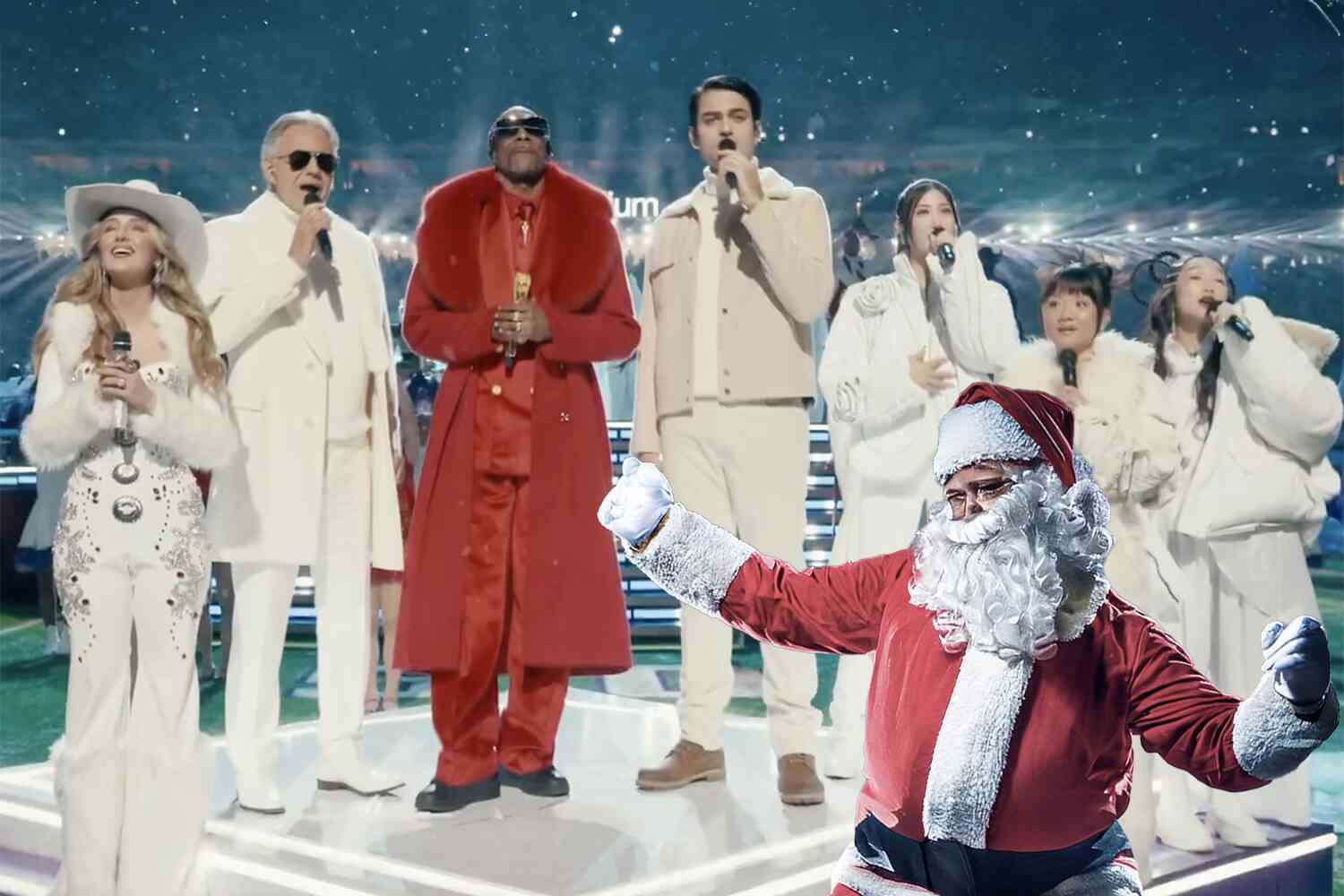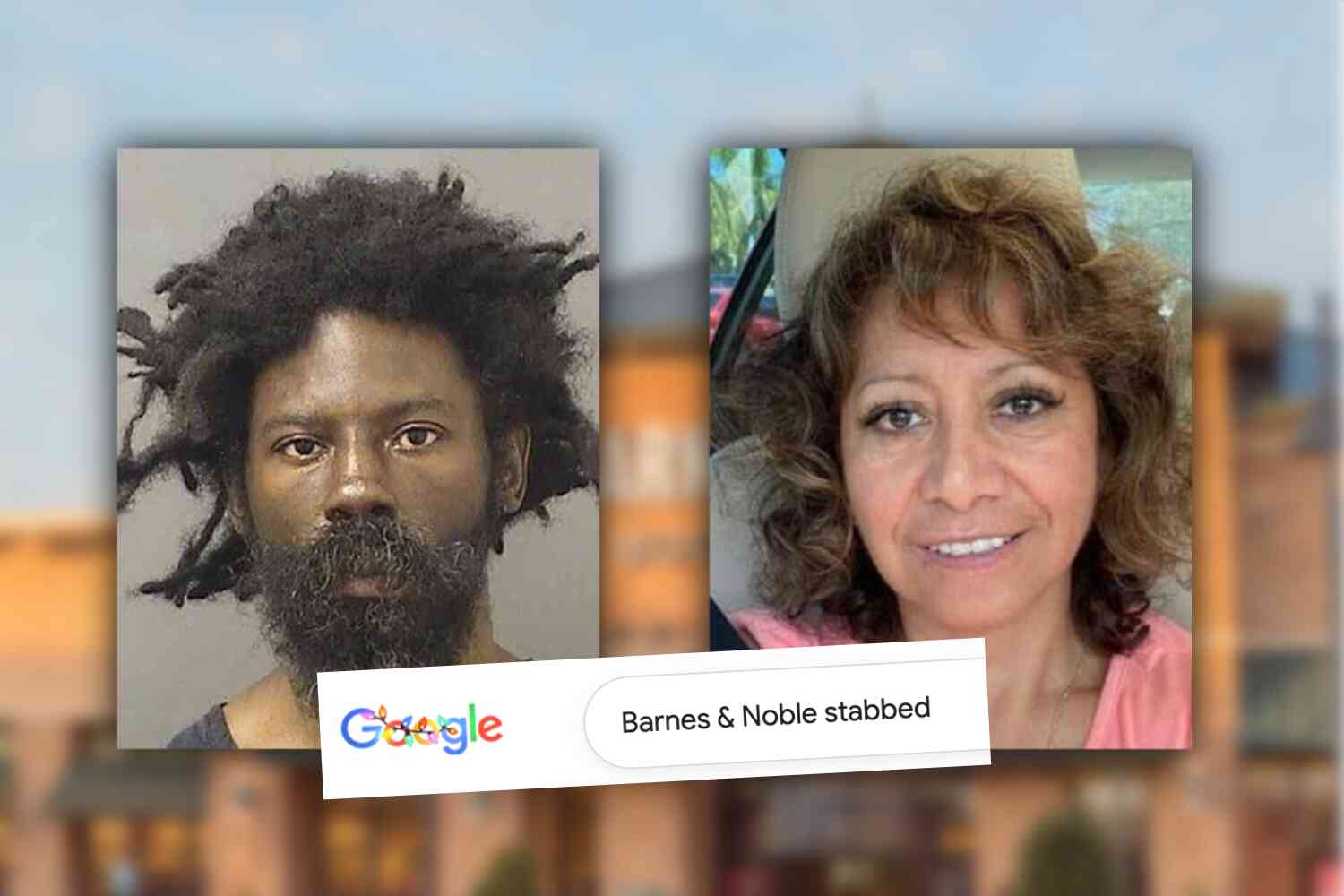I'll be honest, I had no idea.
One hundred years ago, people had a very different idea of what it means to be heterosexual. Understanding that shift in thinking can tell us a lot about fluid sexual identities today, argues Brandon Ambrosino.
Or not.
It can be really cute to watch people who aren't very smart attempt to create the illusion that they know what they're talking about, like when you listen to a toddler explain how a light bulb works by invoking fairies and the "lectic company."
It would be little more than an exercise in passing amusement if they didn't expect us to take them seriously, made worse by the fact that our self-appointed ruling class, made up of mostly insecure status-seekers of modest intelligence, are all too eager to embrace the madness.
And that's how we get articles like this.
I should note up front that this piece first appeared in 2017, but has been making the rounds on social media again. I'm glad it is because it unintentionally shines a spotlight on our gaslight culture that the author did not intend, almost certainly because he has so thoroughly gaslit himself.
The piece starts off with how most seventh-grade English class essays start:
With dictionary definitions.
The 1901 Dorland's Medical Dictionary defined heterosexuality as an "abnormal or perverted appetite toward the opposite sex." More than two decades later, in 1923, Merriam Webster's dictionary similarly defined it as "morbid sexual passion for one of the opposite sex." It wasn't until 1934 that heterosexuality was graced with the meaning we're familiar with today: "manifestation of sexual passion for one of the opposite sex; normal sexuality."
Wow. A specific word's meaning changed. How often does that happen?

Whenever I tell this to people, they respond with dramatic incredulity. That can't be right! Well, it certainly doesn't feel right. It feels as if heterosexuality has always "just been there."
That's because heterosexuality has always just been there. How humans choose to define it with a specific mouth sound is completely irrelevant.
This discovery is interesting in terms of how language evolves but it does not go beyond that.
In fact, this discovery could just as easily be interpreted as proving that "heterosexuality" was considered so natural, so much a part of millennia of human existence, that it didn't need to be specifically defined, and so the specific word "heterosexual" was used to define an entirely different phenomena.
This isn't hard.
But Ambrosino is intent on making it hard, even while conceding the point.
In other words, sexual instinct contains something like a hard-wired reproductive aim – an aim that is present even if those engaged in "normal" sex aren't aware of it. Jonathan Ned Katz, in The Invention of Heterosexuality, notes the impact of Krafft-Ebing's move. "Placing the reproductive aside in the unconscious, Krafft-Ebing created a small, obscure space in which a new pleasure norm began to grow."
This is a distinction without a difference.
The importance of this shift – from reproductive instinct to erotic desire – can't be overstated...
Yes, it can. You did it, just then.
...as it's crucial to modern notions of sexuality. When most people today think of heterosexuality, they might think of something like this: Billy understands from a very young age he is erotically attracted to girls. One day he focuses that erotic energy on Suzy, and he woos her. The pair fall in love, and give physical sexual expression to their erotic desire. And they live happily ever after.
"Most people."
But not Ambrosino. Ambrosino is too intellecshual for that.
Without Krafft-Ebing's work, this narrative might not have ever become thought of as "normal."
Aside from it being generally how people behaved throughout all of human history.
But yeah, other than that.
There is no mention, however implicit, of procreation.
Right, totally implicit.
Also totally besides the point.
Every single time heterosexuals have sex, it is not necessarily for the specific purpose of procreation. That has been true for forever because the pleasure drive is an essential part of it, and always has been. Regardless, heterosexual sex exists for procreation.
The two are kind of really really closely related, and the attempt to drive a chasm between them to prove the point that heterosexuality is some kind of social construct is silly.
"No one knows exactly why heterosexuals and homosexuals ought to be different," wrote Wendell Ricketts, author of the 1984 study Biological Research on Homosexuality.

The best answer we've got is something of a tautology: "heterosexuals and homosexuals are considered different because they can be divided into two groups on the basis of the belief that they can be divided into two groups."

Though the hetero/homo divide seems like an eternal, indestructible fact of nature, it simply isn't. It's merely one recent grammar humans have invented to talk about what sex means to us.
The grammar was invented, yes.
The behavior?

Heterosexuality, argues Katz, "is invented within discourse as that which is outside discourse. It's manufactured in a particular discourse as that which is universal… as that which is outside time." That is, it's a construction, but it pretends it isn't. As any French philosopher or child with a Lego set will tell you, anything that's been constructed can be deconstructed, as well. If heterosexuality didn't exist in the past, then it doesn't need to exist in the future.

This gets us to a much broader point.
This is how you elevate words above reality. If you imbue words with more meaning than reality itself, you have imbued yourself with great power. If you can conjure up new meanings and those meanings become reality, you can now bend reality to your will, reality is at the mercy of your imagination because you've obliterated the distinction between the two.
It is magical thinking.
Language is essential to the human existence, it's how we communicate and pass on knowledge. However, it's just an imperfect attempt to describe the world around us, it is not the world itself.
The concept, not the word, but the concept of heterosexuality means today what it has always meant. The term we ascribe to it can change, the underlying concept does not.
But the woke believe otherwise: They create a fantasy, and like the emperor and his non-existent new clothes, demand that we believe the fantasy along with them as if it were real.
And that is how we end up with allegedly intelligent adults claiming that what is obviously a fully-grown man is really a woman and should absolutely be considered and treated as such.

P.S. Now check out our latest video 👇









